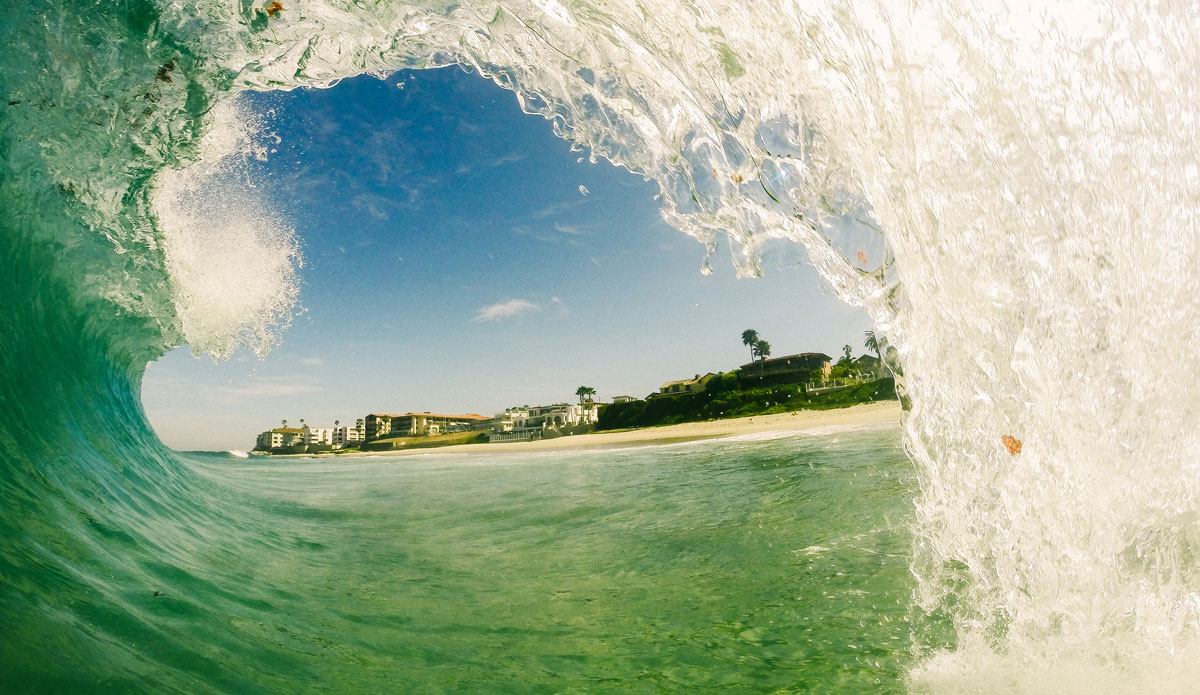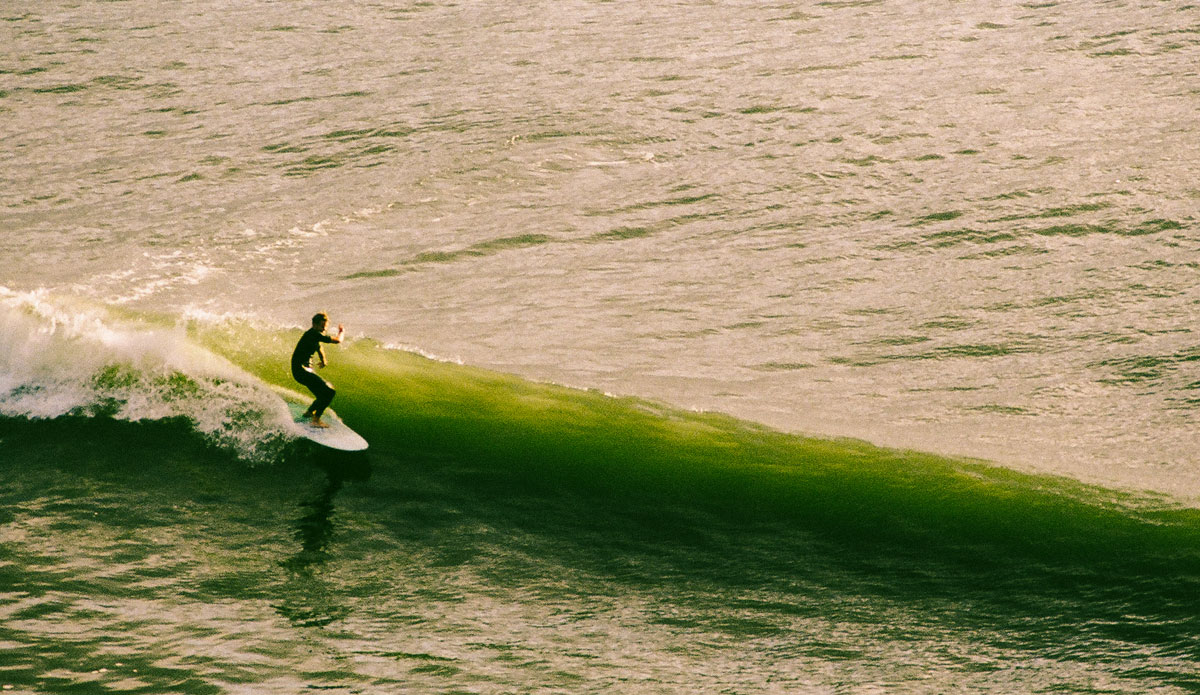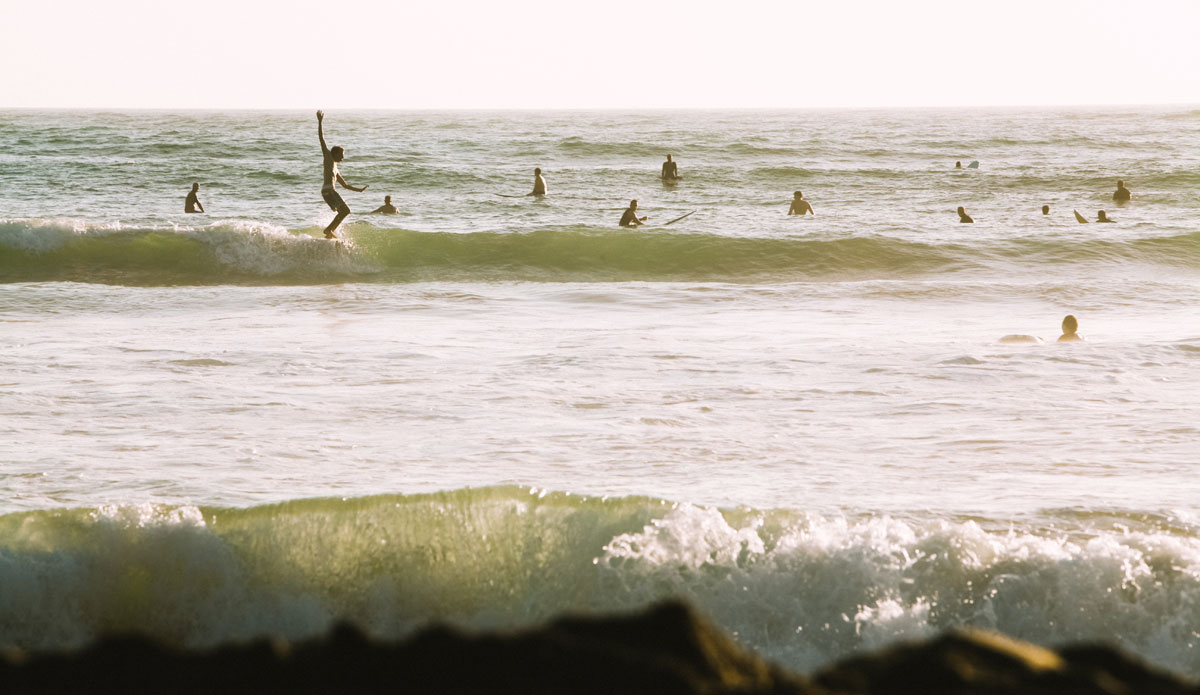Like many of you, I love being around water. I grew up in Minnesota, the land of 10,000 lakes. We were surrounded by it throughout my childhood – swimming in the lake down the street, playing in the sprinklers to beat the heat in the dead of summer, and ice skating on ponds and lakes once everything froze over. We would drink water from the tap without questioning whether or not it was safe to drink. When I moved to San Diego three years ago, all of that changed.
I didn’t have lakes anymore, or at least not as many natural ones. Yet my love for water grew as I developed my deep respect and appreciation for the ocean. Its healing properties and its energy are unlike anything I’ve ever experienced before. And, like many of you, I was aware of the damage as well as the efforts currently underway to save our oceans. Yet no one in California seemed to talk about the growing drought problem, and the lack of usable freshwater on a local level until it became an immediate issue.
It’s easy to point fingers at our systems of government — whomever we charge responsible for over-budgeting water, unsustainable population growth, global weather change, and poor management and politics. Yet we are all to blame. And we are all about to be water-less on some level, that’s just the ugly truth. There are counties in Central California that have been told they have about 60 days left of water in the reserve – a clear indication that the tap will run out for smaller communities, and at the current rate, eventually larger communities as well. That’s something I would have never expected to hear growing up. And wetter weather doesn’t look to be blessing us anytime soon. A recent study from Stanford shows that a high pressure system over the Pacific Ocean, called the Ridiculously Resilient Ridge of all things, has blocked typical wind patterns and prevented storms from passing over California. Essentially, precipitation that normally occurs throughout CA is being redirected to Alaska. Through climate model simulations, the Stanford scientists concluded that such a phenomenon is three times more likely to occur in a post-industrial climate. Meaning that it is likely caused by the compounding effects of carbon dioxide and global greenhouse gas emissions, otherwise known as global warming.
I’m not an expert in environmental studies, economics, politics, or anything ending in “ics”, for that matter. But as a citizen of the world and CA resident, I’m embarrassed and afraid of the longevity of our cities. We, being western cultures, take for granted many things, including water. But one thing can be said about the online community here: we have a deep respect for the ocean. It is as precious as our own lives, and I want us to start viewing our tap water as such.
Here’s a few things I would like you to try with me in reducing our water usage:
1. Surf more, shower less.
Bring some organic soap with, so when you get back to your car to rinse off, you can scrub down with a gallon or two instead of the 20 gallons you would use for a 4 minute shower at home. You may not be as clean as usual, but you can tell people you’re doing your part to save our water. Cool right?
2. Drink more beer.
Not just any beer, though. Remember, beer has water in it too. So think about where your beer is coming from and the water they’re using.
3. Go camping!
Preferably tent camping without running water. As this is the quickest way to develop economical dish washing techniques, and an appreciation for running water in general.
4. If it’s yellow, let it mellow.
Just be sure to put the seat down.
5. Laundry is overrated.
Unless you spill some salsa on your shirt, that thing can last a few days before it really needs to be cleaned. However, I don’t recommend doing this with your underwear.
Remember, we’re all in this together!
















